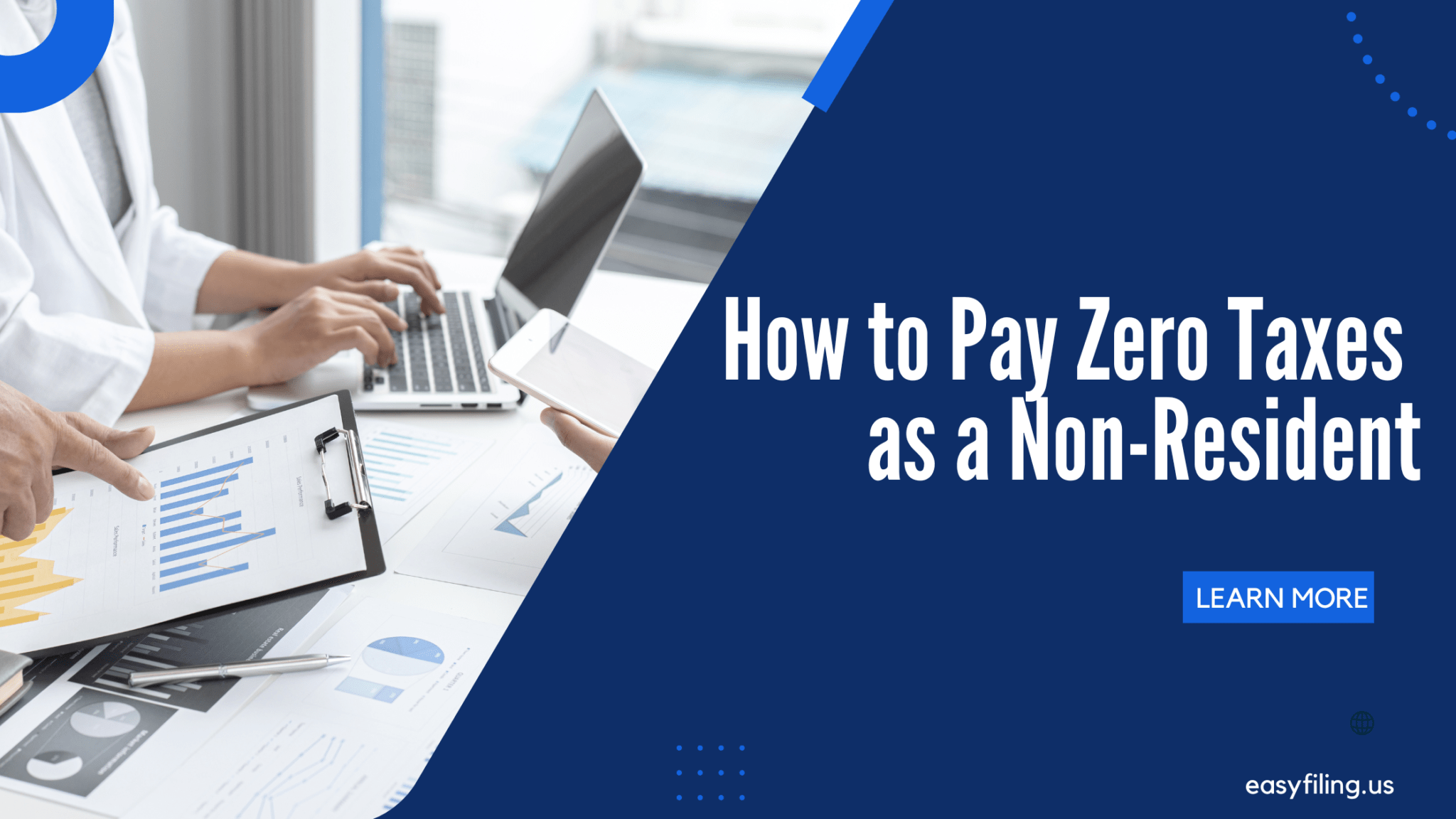Credit cards are essential for building credit and accessing many financial services in the US. However, obtaining one can be challenging, especially for non-residents. But if you’re a non-resident, don’t give up on your journey to building US credit.
In this article, we’ll walk you through everything you need to know about getting a personal US credit card as a non-resident and building credit with it.
To obtain a personal US credit card, there are certain prerequisites that must be fulfilled. Take note of the following requirements:
1. Age: You should be at least 18 years old.
2. Address: A US address is necessary. If you are unable to provide one in person, you may utilize a friend or family member’s address.
3. Identification: Possession of a passport and an ITIN (Individual Taxpayer Identification Number) are mandatory.
4. Bank Account: A US bank account is essential. Our article explains the process of remotely opening a US personal bank account as a non-resident.
By meeting these fundamental criteria, your chances of securing approval for a personal US credit card will be greatly enhanced.
Start With a Secured Credit Card
If you’re a non-resident, it’s best to start with a secured credit card. Unlike traditional credit cards, secured credit cards are specifically designed for individuals with poor credit, no credit, or a lack of credit history. They require a cash deposit that serves as collateral, hence the name secured. The deposit amount will vary depending on the issuer and the credit limit you’re applying for. This way, you’re guaranteed approval, and your usage of the card will be reported to all major credit bureaus, thus building your credit score. Once you’ve built some credit, you can try applying for unsecured credit cards that require no deposit.
In the USA, there are several secured credit card providers that cater to individuals with limited or poor credit history. These providers offer an opportunity to build or rebuild credit while enjoying the benefits of a credit card. Let’s take a look at some well-known secured credit card options:
- Capital One: Capital One offers a popular secured credit card with a relatively low deposit requirement. They also provide useful tools to help cardholders effectively build their credit.
- Discover: Discover provides a secured credit card that not only assists in building credit but also offers cashback rewards. This allows cardholders to earn rewards while working towards improving their credit standing.
- Bank of America: For individuals aiming to rebuild their credit, Bank of America offers a range of secured credit card options to suit different needs. Choose the one that best aligns with your financial goals.
- Wells Fargo: With a low annual fee, Wells Fargo’s secured credit card is another great option to consider. They also offer convenient online tools and resources for effective credit management.
- Citi: Citi’s secured credit card empowers individuals to establish or rebuild their credit history. Additionally, they provide valuable tools to track progress and effectively manage finances.
- US Bank: US Bank’s secured Visa credit card not only helps in building or rebuilding credit but also offers the perks of Visa card membership.
Before applying for any credit card, it’s crucial to carefully review the terms, fees, and benefits associated with the card. It’s equally important to use the card responsibly and consistently pay bills on time to effectively build or rebuild your credit.
Building credit is essential for anyone living in the US, and as a non-resident, a personal credit card is a great place to start. It’s important to understand the requirements, starting with secured credit cards and making timely payments while keeping utilization low. By following these tips, you’ll be well on your way to building an excellent credit history in the US.
FAQs
What are the prerequisites for getting a personal US credit card as a non-resident?
The prerequisites include being at least 18 years old, having a US address (which can be a friend or family member’s address), possessing a passport and an ITIN (Individual Taxpayer Identification Number), and having a US bank account.
How can I remotely open a US personal bank account as a non-resident?
Our article explains the process of remotely opening a US personal bank account as a non-resident. You can find more information there.
Should I start with a secured credit card if I’m a non-resident?
Yes, starting with a secured credit card is recommended for non-residents as they are designed for individuals with poor or no credit history. They require a cash deposit as collateral and help build credit scores.
Which secured credit card providers are available in the USA?
Some well-known secured credit card options include Capital One, Discover, Bank of America, Wells Fargo, Citi, and US Bank. Each provider offers different benefits and features.
What should I consider before applying for a credit card?
It’s crucial to carefully review the terms, fees, and benefits associated with the card. Additionally, responsible use and consistent on-time bill payments are important for effective credit building or rebuilding.









